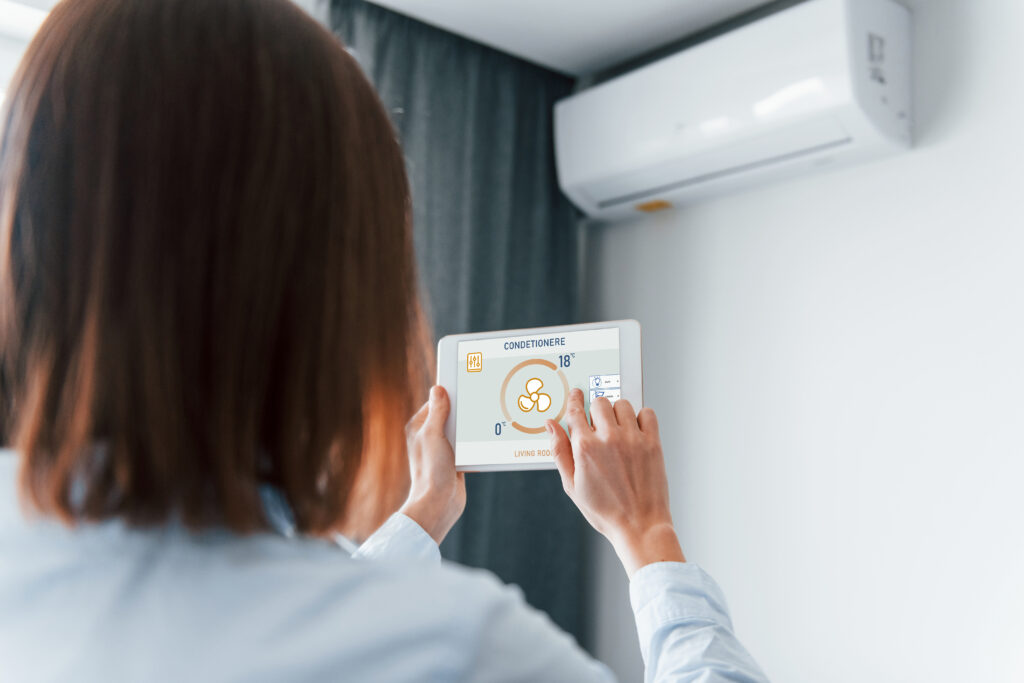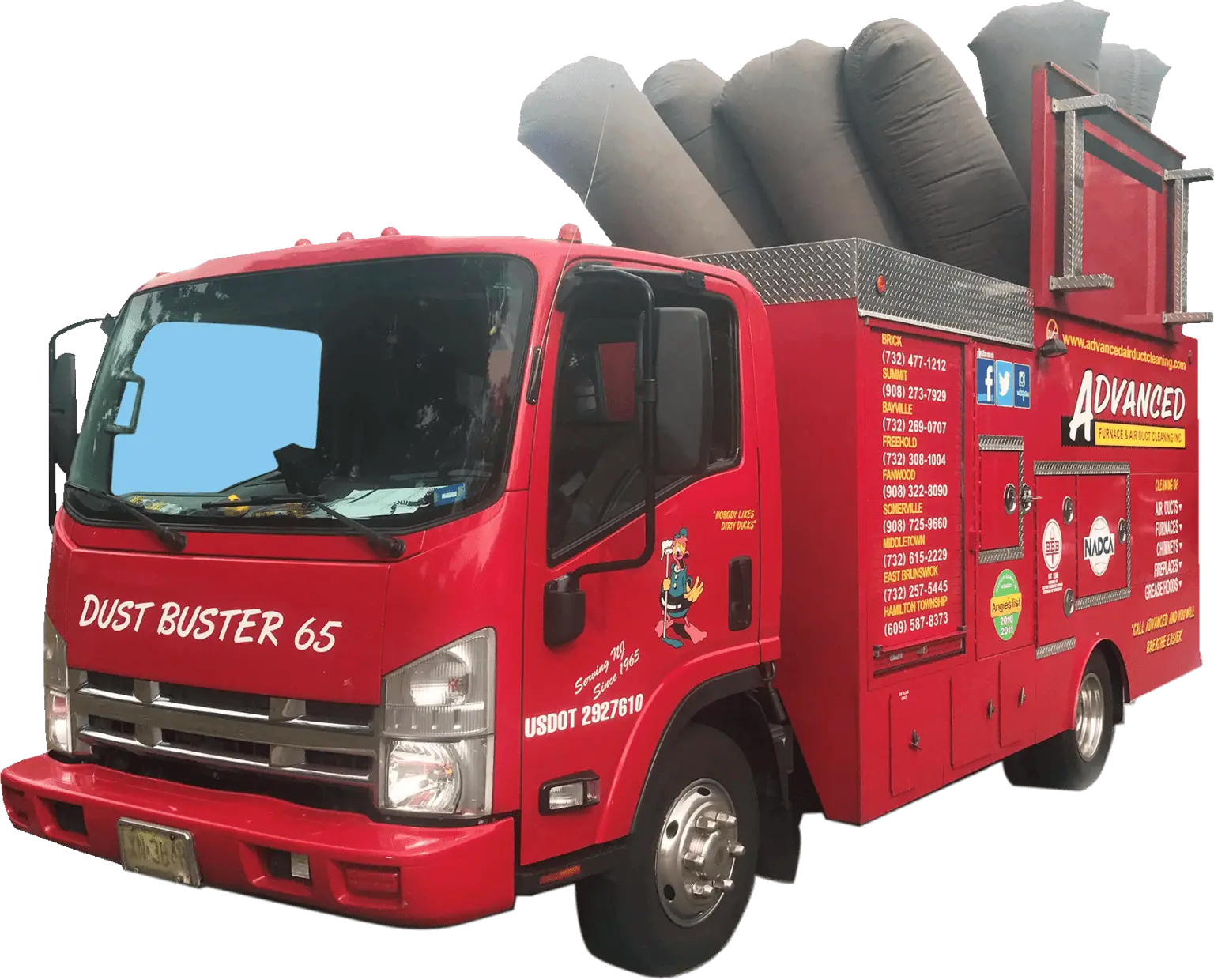Inverter air conditioning units are a type of air conditioner that use inverter technology to regulate the speed of the compressor motor, allowing for continuous temperature control. This is in contrast to traditional non-inverter air conditioners, which operate on a cycle of turning the compressor on and off to maintain the desired temperature. Here are some key features and benefits of inverter air conditioning units:
Key Features
Variable Speed Compressor
The compressor in an inverter AC can run at various speeds, unlike traditional units which only operate at full speed or off.
Continuous Cooling and Heating
Inverter ACs can adjust the cooling and heating output to match the required temperature, maintaining a more consistent indoor climate.
Energy Efficiency
By avoiding the frequent start-stop cycles of traditional units, inverter ACs consume less electricity, making them more energy-efficient and reducing energy bills.
Quieter Operation
The variable speed operation results in less noise compared to the on/off cycles of non-inverter units.
Extended Lifespan
The reduced strain on the compressor from avoiding frequent start-stop cycles can lead to a longer lifespan for the unit.
Faster Cooling/Heating
Inverter ACs can ramp up their power to cool or heat a room more quickly when needed.
Benefits
Energy Savings
The continuous adjustment of the compressor speed to maintain the desired temperature leads to significant energy savings, often up to 30-50% compared to non-inverter models.
Improved Comfort
The ability to maintain a consistent temperature without fluctuations enhances overall comfort.
Environmentally Friendly
Lower energy consumption means a smaller carbon footprint, making inverter ACs more environmentally friendly.
Reduced Wear and Tear
By operating more smoothly, inverter ACs experience less mechanical stress, reducing maintenance needs and extending the unit’s lifespan.
Better for Large Spaces
Inverter ACs can effectively manage temperature in larger spaces by adjusting the output based on the room size and thermal load.
How Inverter Technology Works
The inverter technology modifies the frequency of the power supply to the compressor motor. This allows the motor’s speed to be precisely controlled, varying its speed and power output. When the desired temperature is close to being reached, the inverter reduces the compressor speed to maintain that temperature, rather than turning off completely. When more cooling or heating is needed, the compressor speeds up again.
Types of Inverter Air Conditioners
Split System Inverters
Consists of an indoor unit and an outdoor unit, commonly used in homes and small offices.
Multi-Split System Inverters
Can connect multiple indoor units to a single outdoor unit, suitable for larger homes or buildings.
Ducted Inverter Systems
Central air conditioning systems that use ducts to distribute air throughout a building.
Portable Inverter ACs
Mobile units that can be moved from room to room and use inverter technology for efficiency.
Considerations When Choosing an Inverter AC
Initial Cost: Inverter ACs tend to be more expensive upfront compared to traditional units.
Installation: Proper installation is crucial for optimal performance and efficiency.
Maintenance: Regular maintenance is important to ensure the unit operates efficiently and lasts longer.
Climate and Usage Patterns: Evaluate the climate of your region and your usage patterns to determine the potential energy savings and benefits.

Overall, inverter air conditioning units offer a modern, efficient, and comfortable solution for climate control in both residential and commercial settings. To learn more or for quality service, choose Advanced Air Duct Cleaning. Contact us today to get started with a free quote.

